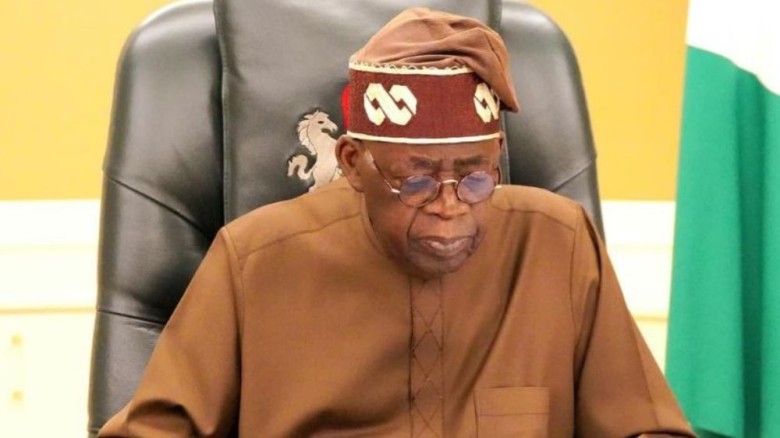UK PM Starmer pledges tougher immigration rules in sweeping overhaul
Prime Minister Sir Keir Starmer has outlined plans for a significant shake-up of the UK’s immigration system, promising tougher controls, greater standards, and a “clean break from the past.”His plans, set to be published in an upcoming Immigration White Paper, aim to limit migration and restore public confidence after net migration topped 728,000 in 2023.
Under the new structure, most migrants will have to wait ten years—double the present requirement—before applying for settled status. Only a small number of talented people, like nurses, engineers, and AI experts, would be eligible for a new fast-track path to permanent residency.
Labour's measures include a pledge to increase English language standards for all visa routes. For the first time, adult dependents of visa applicants would be required to demonstrate basic English abilities in order to assist integration and employment.
"When people come to our country, they should also commit to integration and learning our language," Starmer added, accusing some industries of getting "addicted to cheap labour" at the expense of British workers. He mentioned engineering as an area where visas have increased while apprenticeships have decreased.
The Home Office anticipates that the proposed modifications will necessitate primary legislation, therefore implementation may be postponed until 2026.
The reforms also include phasing out offshore recruiting of care workers, requiring employers to hire domestically or extend the visas of existing workers. Home Secretary Yvette Cooper stated that the policy might curb migration by much to 50,000 next year.
Critics warn that the reforms may separate families or limit access to vital personnel. Others, particularly the Conservatives, contend that Labour's measures do not go far enough, requiring a binding cap on migration.
Nonetheless, Starmer justified the measures as required to restore fairness and construct a system that is "controlled, selective, and in the national interest."























Leave A Comment